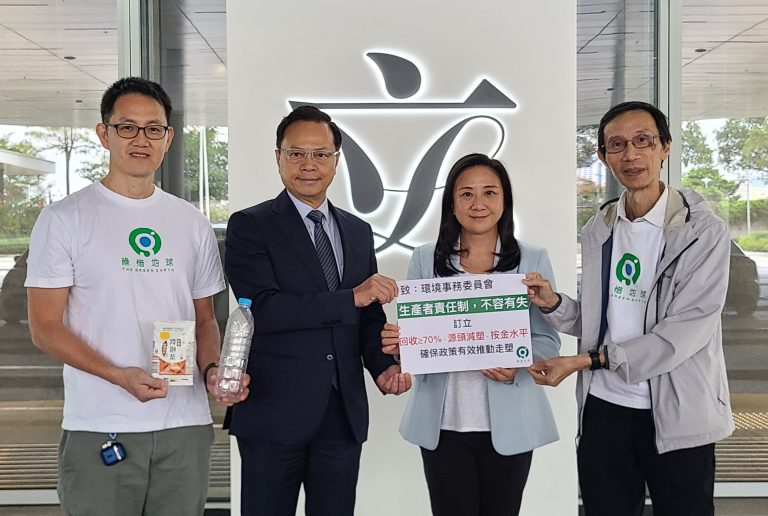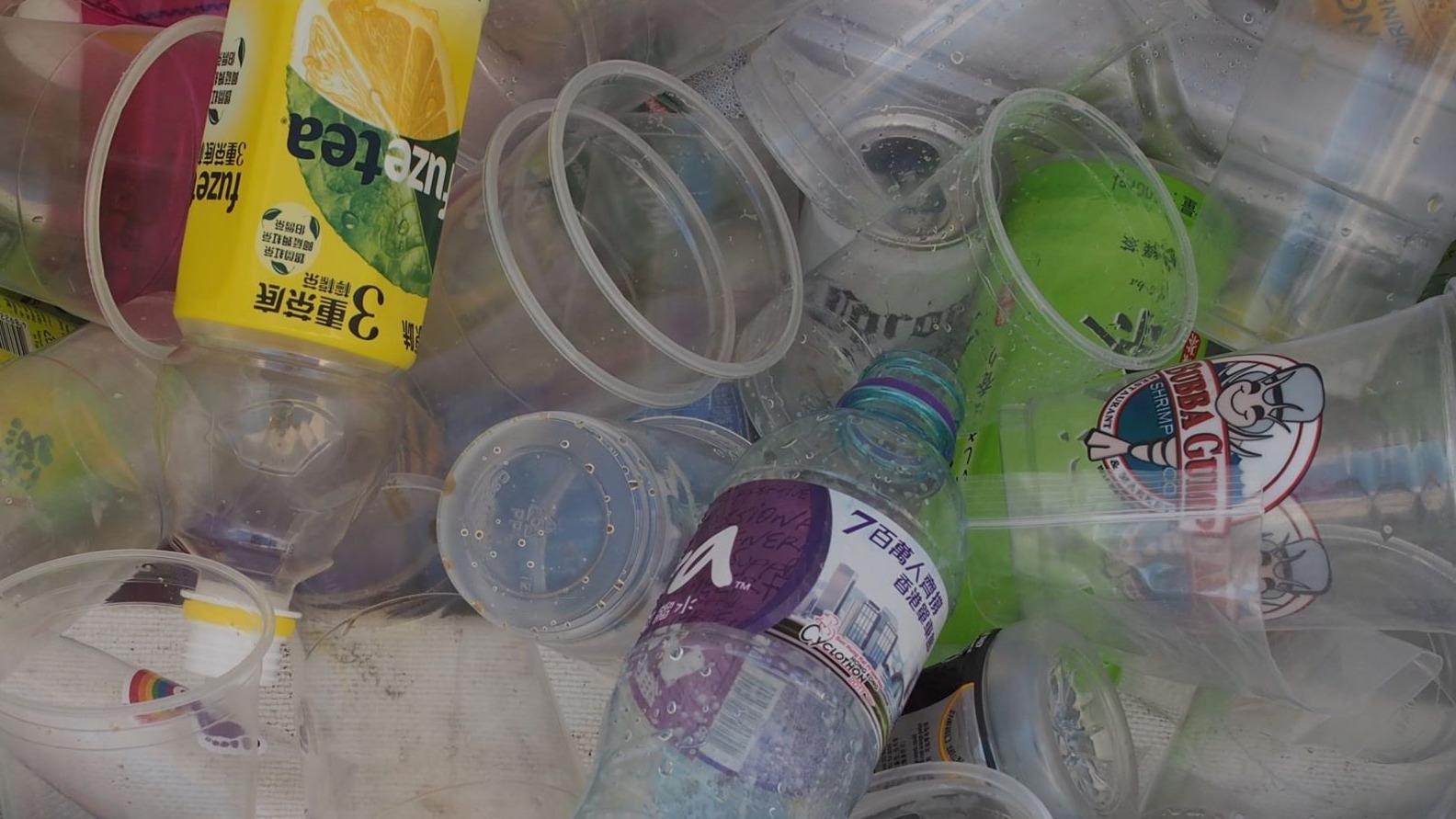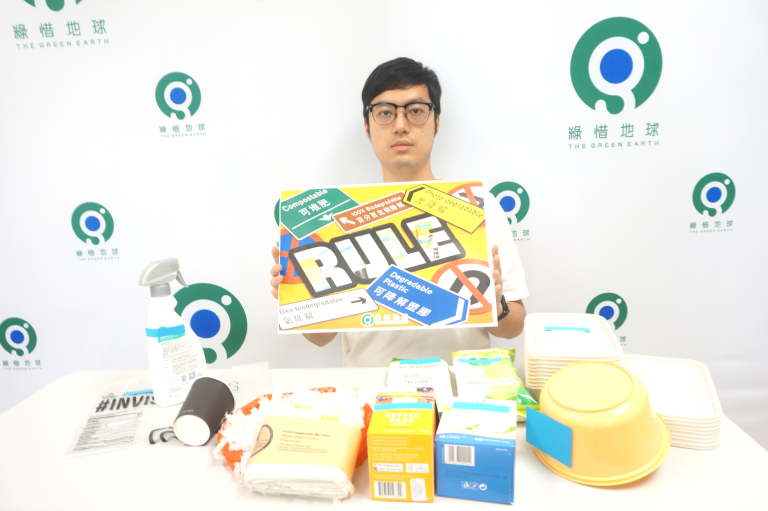Don’t be half-hearted about Hong Kong’s plastic ban
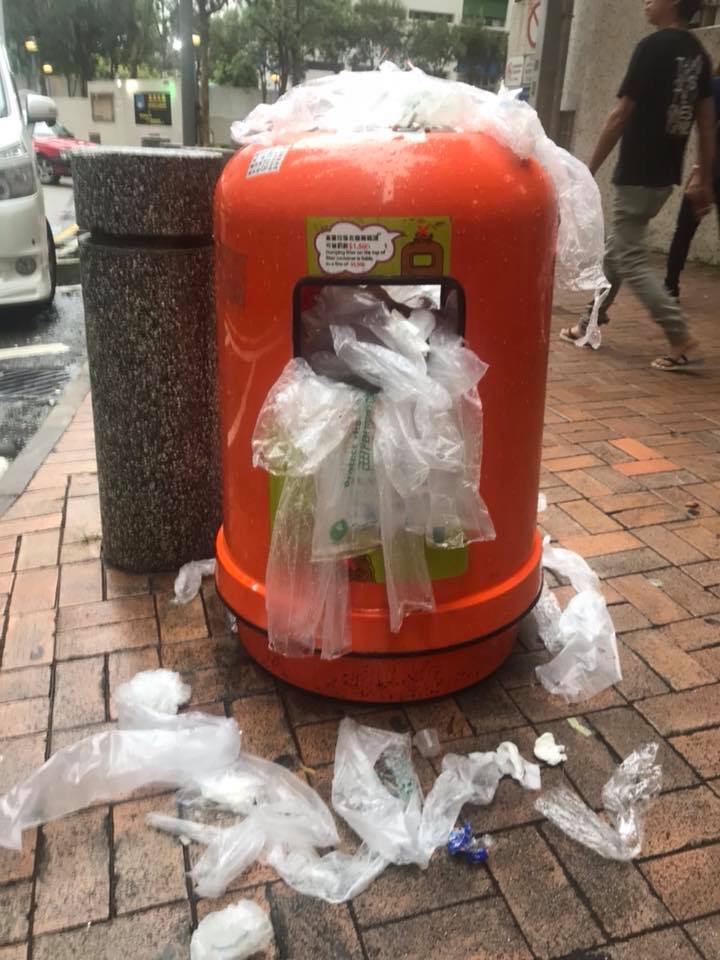
(27 Oct 2023 SCMP)
Last week, Hong Kong announced that disposable plastic tableware in restaurants, and some other plastic products, would be banned from Earth Day 2024 – April 22.
Part of plans to ban single-use plastic in the city, the second phase is now tentatively set for 2025 and, according to the authorities, will depend on the “availability and affordability” of non-plastic alternatives.
This means the second phase of the plastic ban could be delayed, like the first phase was.
Such an approach to regulation suggests that the Environment and Ecology Bureau is allowing policy to be led by the market – instead of being driven by environmental targets. This must go against the results-oriented spirit of governance embraced by Chief Executive John Lee Ka-chiu.
The first phase of the plastic ban covers the sale and distribution of a range of items including expanded polystyrene tableware, cutlery, straws, stirrers and plates. Restaurants will not be allowed to offer them to customers, whether they are dining in or picking up a takeaway. Disposable plastic cups, lids and other containers will also not be offered to those dining in – in the second phase, this will extend to takeaways.
The first-phase ban also covers the sale and free distribution of products such as umbrella bags, cotton buds, glow sticks and balloon sticks. Hotels and guest houses will no longer be able to supply free water or toiletries in plastic containers. Also banned is the sale, manufacturing and free distribution of OXO-degradable plastic products, which only degrade in the presence of oxygen, heat and UV light.
Several legislators have raised concerns that the plastic ban next year, set to kick in mere weeks after Hong Kong starts charging for municipal solid waste bags on April 1, may create difficulties for businesses. But the two new regulations starting so close to each other will only reinforce the message that the more we throw away, the more it will cost us.
Presumably, most people will find ways to reduce their waste, for example, through reusable containers, bottles, cutlery, etc. Helpfully perhaps, since November, the Environmental Protection Department (EPD) has offered a website for suppliers of plastic-free alternatives to submit information about their products – and more than 400 products are listed.
The list consists of basic product information and some test reports done by the manufacturers or a third party. These products are made mainly from wood, bamboo, paper, bagasse – sugar cane pulp – and plant cellulose. But, having had a quick browse, I found one test report showing that the product contained polystyrene – which means it cannot claim to be plastic-free.
The EPD must strengthen its gatekeeper role in addition to offering advice and information to facilitate Hong Kong’s smooth transition to eco-friendly alternatives and approaches.
First, it should offer consumers advice on how to quit the single-use habit while making genuinely eco-friendly choices. Many plastic-free products listed on its website, for instance, are disposable and switching to using them will still generate single-use waste. Using disposables made from bamboo or other types of wood is better than using plastic – but it would be even better to leave those trees in the ground.
Second, the EPD should check that the products are plastic-free before allowing them to be listed on its website, especially as those in the food and drinks industry believe they are abiding by regulations in using those products.
It is unclear if the EPD has inspected every product listed or conducted random checks, and whether it relies on the supplied test reports or its own investigations.
For example, to prevent grease from leaking through non-plastic containers, some manufacturers apply a thin layer of plastic – commonly per- and polyfluoroalkyl substances. These are also known as “forever chemicals” because they are near impossible to break down.
One, perfluorooctanoic acid, accumulates in nature and our bodies, and has been classified by the World Health Organization as “possibly carcinogenic to humans”. In Hong Kong, this chemical and its related compounds are included in the EPD’s latest list of hazardous chemicals, which went into effect on October 20.
The questions, then, are whether those in Hong Kong’s food and drinks industry are aware of the amended regulation and whether the EPD-listed alternatives to plastic are truly free of plastic and toxic chemicals.
We rely on the authorities to clarify these uncertainties – and to avoid creating a new problem in trying to solve one in the first place.
Edwin Lau Che-feng, founder and executive director, The Green Earth


 綠惜講座
綠惜講座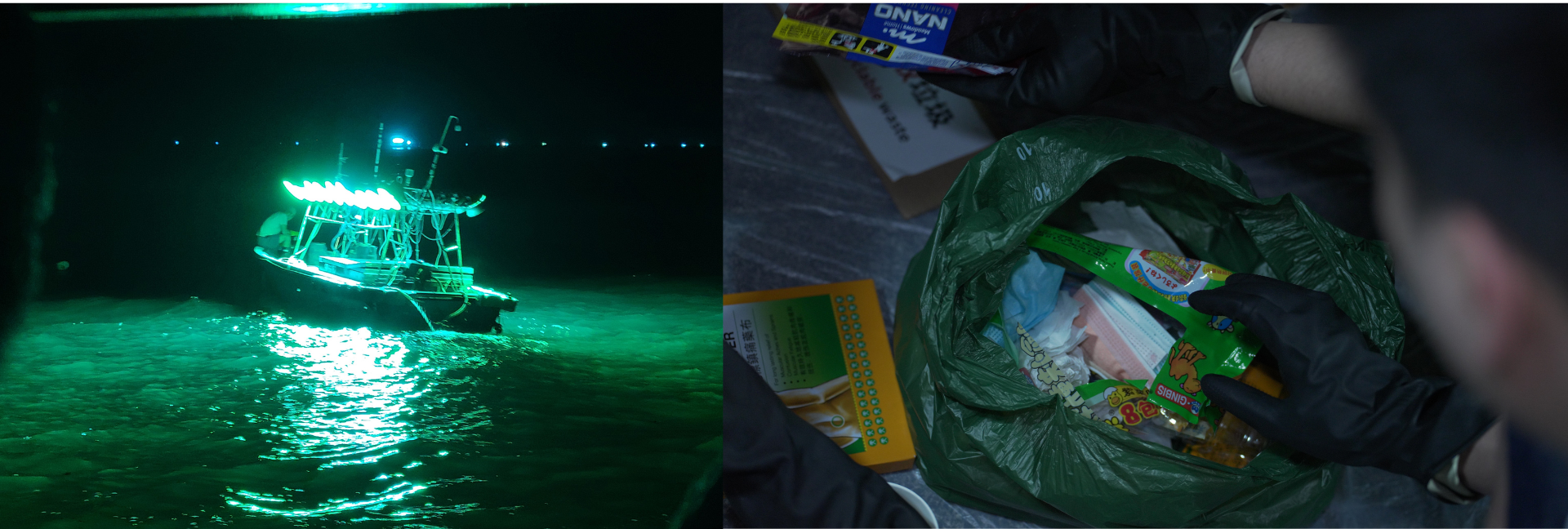

 2023-10-27
2023-10-27
 返回
返回 2022-03-05
2022-03-05
